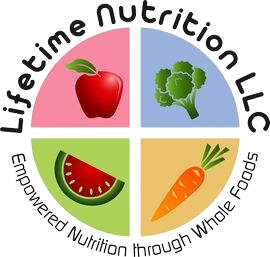|
If so, he has probably been put on a medication because it is perceived that this eases school disturbances and makes them more manageable. But, should they be on medication? Hyperactivity and behavior issues are not diseases and some of the medications come with serious side effects. What if changing your child’s diet helped?
ADD is diagnosed by a specialist who compares the behavior of your child with the criteria established by the American Psychiatric Association. The diagnosis of children with ADD/ADHD is rising. Characteristics include: excessive fidgeting, trouble paying attention, easily distracted, restlessness, irritability, excessive crying, temper tantrums, excessive talking, poor sleep with night awakenings, inability to perform simple tasks that are developmentally appropriate, inattention when attention is needed, out of control impulsivity. There is no known cause as to why children exhibit these behaviors but there are very strong links to underlying nutrition deficiencies/excesses, heavy metal toxicity, food allergies, reactions/toxification of vaccines, food allergies etc. By using nutrition intervention many children can experience improvement in behavior. The following are some suggestions of what you might want to eliminate:
For the above whole foods I would recommend an elimination/provocation diet to see if these foods affect your child. When doing the elimination/provocation diet make sure to eliminate all supplements because some vitamins in the supplements may increase the behavior problems. What to include:
0 Comments
Leave a Reply. |
AuthorKerri Ferraioli Archives
March 2023
Categories |

 RSS Feed
RSS Feed